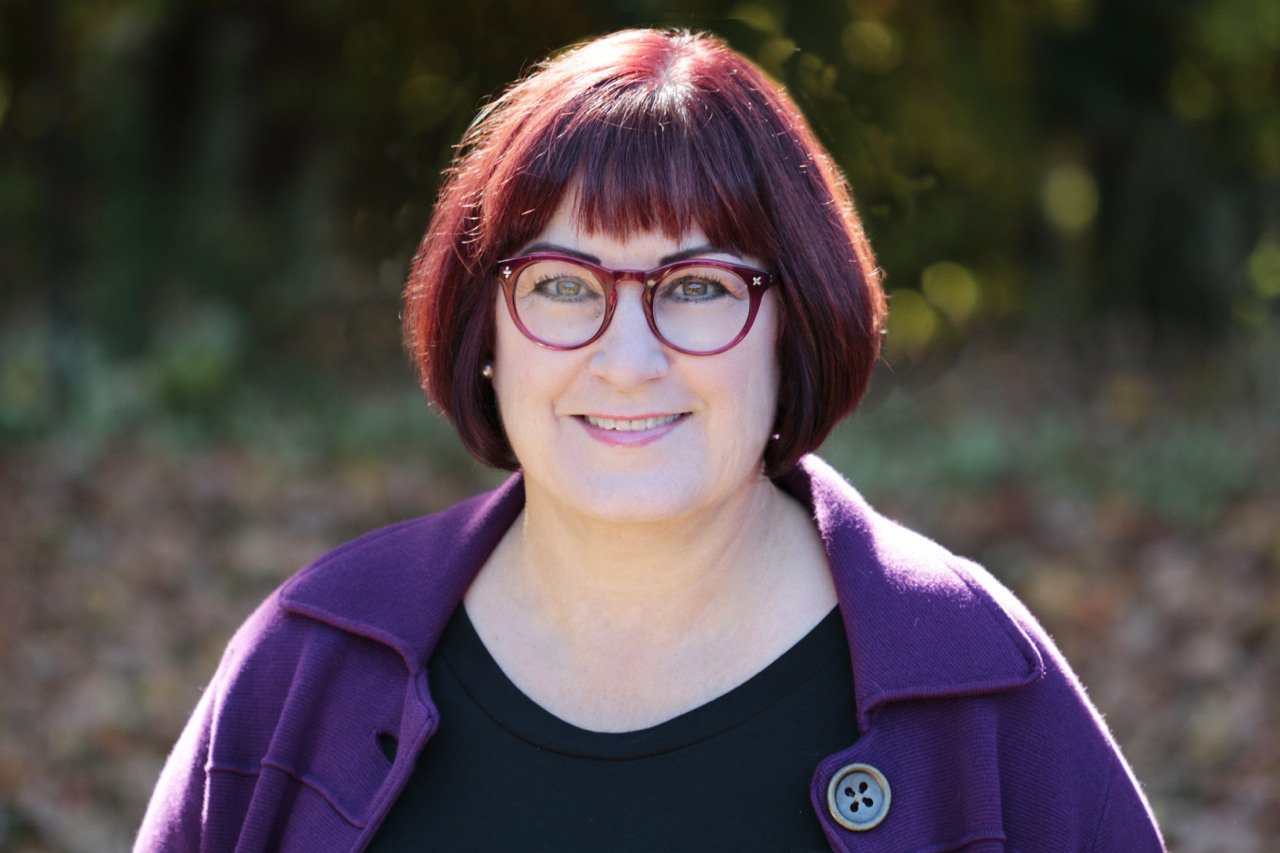Guest blog post by Jodi S., a SMART Facilitator out of Youngstown Ohio.
I always felt that self-forgiveness was an essential piece of my recovery from my addictive behaviors yet no matter what I did, I could not find a way to fully forgive myself. Through countless hours of self-exploration, journaling, meditation, numerous recovery meetings, and professional therapy, I found that I was chasing the wrong goal. So how do I find peace?
My first husband left me in 2009 and took my two children, and I was left totally alone. Because of past trauma, I had been drinking alcohol, smoking cigarettes, and acting out sexually with strange men. I put those things before my then husband and children. I don't blame him for leaving me. I'm very grateful that he created a stable home for the kids, when I couldn't at the time. But I sunk into a deep depression and began to self-harm. I thought I deserved to be punished for what I had done, so I punished myself.
In my recovery, I can have sympathy for my addicted self and offer her comfort. I can visualize my present self, holding my addicted self and letting her cry out her pain. I can give her comfort because she was dealing with previous trauma, and the pain of the divorce in the only way she knew how. No one taught her helpful coping skills so how can I expect her to act according to my current values?
This is how I get to Unconditional Self-Acceptance... I had been struggling with forgiving myself for all the things I did when I was in active addiction. But maybe self-forgiveness isn't a good goal. Maybe tolerating the dissonance, or the gap between how I acted, and my current values is the goal. The past happened and there's nothing I can do about it. It’s outside of my control. I can't change it. Can I tolerate the reality that I was doing what I thought I needed to do to survive? Yes. Can I accept that the way I acted doesn't line up with my values, but that it happened anyway? Yes. So Unconditional Self-Acceptance isn't necessarily about forgiving myself, it's simply accepting myself.
We live in a society of absolutes, where we have trouble with two things being true at the same time. But sometimes they just are. I grew up in an organized religion, and we would ask for forgiveness from a deity for our wrongdoings. Forgiveness seems lofty and more top down, but acceptance comes from within. We give that to ourselves. Now I'm living in line with my values and I'm working to make a better life for myself and my family. And that's enough. But I can take that a step further and comfort my addicted self. I can let her express her pain. We can sit with it together, I can hold her, let her cry it out, use a whole box of tissues, and we can move on.
I feel a great sense of acceptance, comfort, and love for myself now. I feel like a weight has been lifted. I’m walking a little taller and holding my head high. Even though I did some questionable things when I was drinking and using, and my first marriage broke up, I can still love myself right where I was, and I know that I can move on from here and create a better life for myself. My addicted self was hurting deeply. And she did not have healthy coping skills to deal with her immense pain. But I'm learning new healthy coping skills now in SMART. And I'm passing on these skills to others as a SMART facilitator, so that maybe they can heal too.


-1.jpg)

